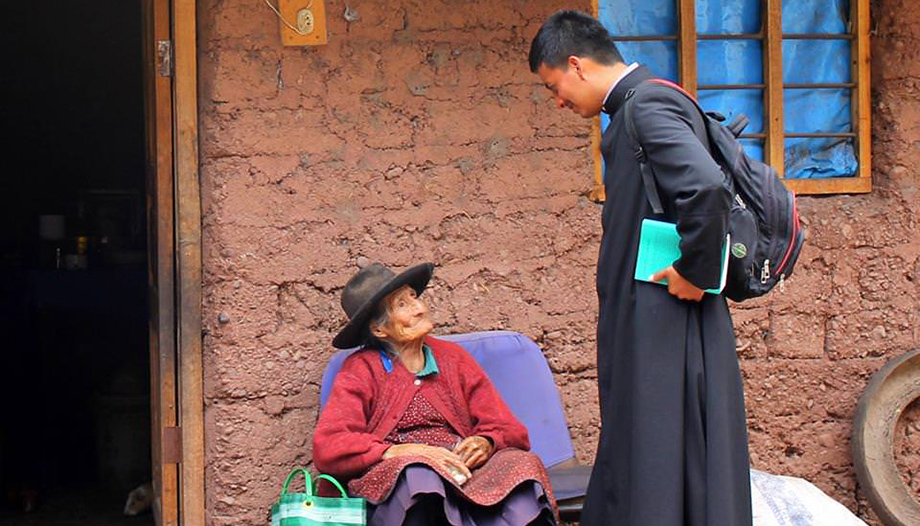At the recent meeting of rectors and formators of the major seminary held in El Escorial, the last weekend of October, we reflected on synodality - the theme of the moment - with Bishop Luis Marín, undersecretary of the Synod of Bishops, who spoke to us, among other things, about "the challenge of formation for a Church on the way".
But allow me not to talk to you about this, but about another of the topics on which we were able to share our reflections, rectors and formators of the Seminaries of Spain: the stage of vocational synthesis, which corresponds to the stage formerly called pastoral.
Salvador Cristau, auxiliary bishop and diocesan administrator of Terrasa, gave a talk on this topic, which was followed by a round table discussion in which four rectors shared their experiences on the objectives of this stage.
We all look with sympathy on those who are finishing their formation in our Seminaries but, at the same time, our gaze is not exempt from a certain concern, because we are aware of the challenges they will soon have to face.
We must remember that we are part of a process in which, on the one hand, we prepare them to welcome the ministry in the best conditions, but on the other hand, we must prepare ourselves as a Christian community to receive and accompany these brothers of ours who come to serve us.
It is always a challenge to share with the whole community what is being lived in the Seminary but, beyond "telling them", it is above all a matter of "sharing" with them a task in which we are called to be agents of a process in which each one of us is necessary in different ways.
In the formation itinerary, this stage is of singular importance because it is the last stage of initial formation and, therefore, the bridge that helps to cross over to a full pastoral life.
The seminarian who during this period is called to receive diaconate ordination, and with this ministry, to live a time of intense service in favor of the Christian community, should gradually assume responsibilities in a spirit of service. It is time to strive for an adequate preparation in which he should receive specific accompaniment in view of his ordination as a priest. If accompaniment is important at all times, it is particularly important at this time.
Feeling that you are not walking alone will fill your horizon with light and meaning, especially on those days when you experience more difficulties, it will be good for you to remember this. We all need special help at some point to better understand what we must do.
These are just some of the reflections that I have after listening to the various contributions that were given during the conference, the subject gives for much more of course.
These are small points that serve as a reminder that a process such as the one lived in the seminaries is composed of many small steps that are interrelated and in which the Christian community must always be present.
Director of the Secretariat of the Commission of Seminaries and Universities, EEC











